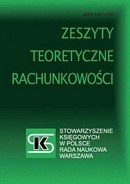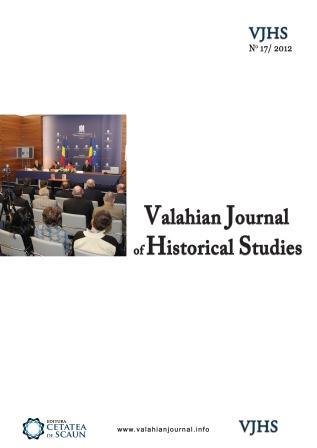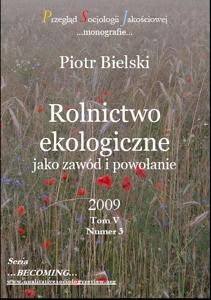
From IAS 25 to IFRS 9–25 years of evolution in financial instruments regulation
Zmiany regulacji rachunkowości w zakresie instrumentów finansowych
Accounting for financial instruments seems to be one of the most complex areas in accounting regulations. Financial instruments have been regulated by IAS/IFRS for more than 25 years. The changes in regulations have accelerated lately. IASB is trying to develop a standard which would deal with all issues in the area of financial instruments in a comprehensive way, and on the other hand – be less complex than the present regulations. This article is about the evolution of financial instruments/ accounting regula-tions. It provides a review of main changes that have been introduced up to day. It also presents the latest changes, proposed either in drafts of IFRS 9 or in officially published parts of this new standard. The final part of the article gives a concise recapitulation of the changes, which shows the direction in which accounting regulation of financial instruments is moving. There also is an attempt to evaluate the possible influence of the changes on the extent to which financial instruments will be used by companies.
More...


